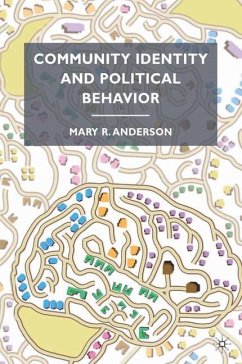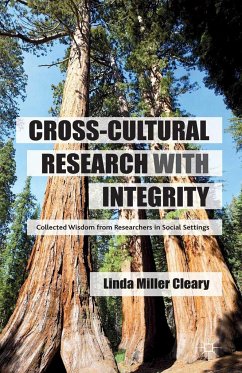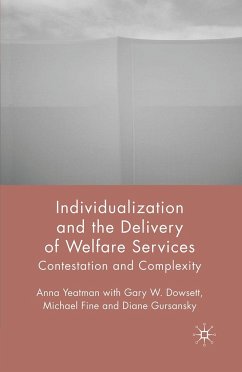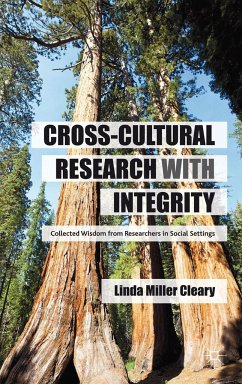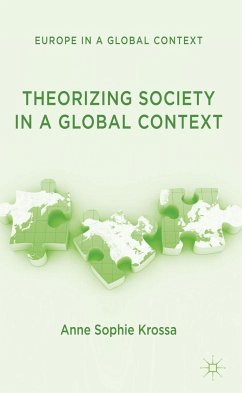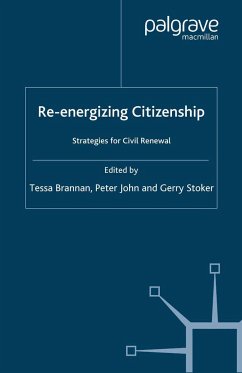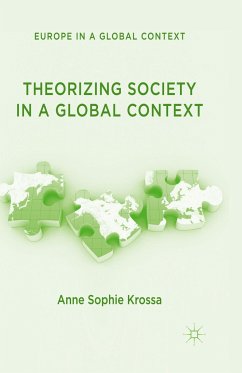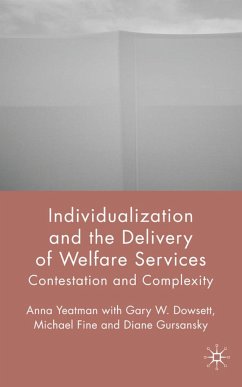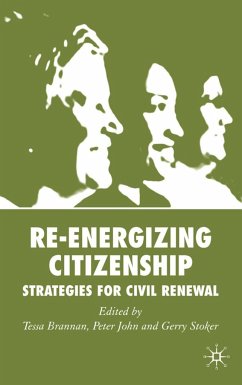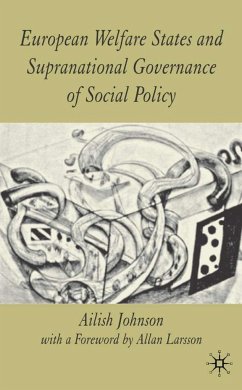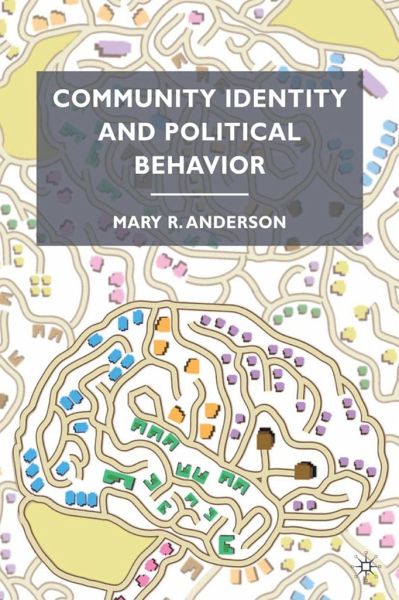
Mary R. Anderson
Gebundenes Buch
Community Identity and Political Behavior
Versandkostenfrei!
Versandfertig in 6-10 Tagen

PAYBACK Punkte
19 °P sammeln!





The focus of this book is on how community comes to influence political behaviour; it takes an interdisciplinary approach blending the fields of community psychology, sociology, and political science.
MARY ANDERSON is Assistant Professor in the Department of Government and World Affairs, University of Tampa, USA.
Produktdetails
- Verlag: Palgrave Macmillan / Palgrave Macmillan US / Springer Palgrave Macmillan
- Artikelnr. des Verlages: 978-0-230-62191-6
- 2010 edition
- Seitenzahl: 242
- Erscheinungstermin: 18. August 2010
- Englisch
- Abmessung: 211mm x 140mm x 18mm
- Gewicht: 386g
- ISBN-13: 9780230621916
- ISBN-10: 0230621910
- Artikelnr.: 29926200
Herstellerkennzeichnung
Libri GmbH
Europaallee 1
36244 Bad Hersfeld
gpsr@libri.de
"Anderson offers a rich blend of political, sociological, and psychological insights into the impact of social interaction on individual political behavior. She blends the field's historic strengths in the study of individuals with the new insights of the discipline's emerging focus on context and interdependence." - Paul E. Johnson, Professor of Political Science and Associate Director, Center for Research Methods and Data Analysis, University of Kansas
"Political scientists frequently discuss the importance of community but rarely do they examine it in a richly theoretical and empirical way. Anderson offers us both by developing a strong theoretical foundation and a highly promising measure of people s sense of community. In this
"Political scientists frequently discuss the importance of community but rarely do they examine it in a richly theoretical and empirical way. Anderson offers us both by developing a strong theoretical foundation and a highly promising measure of people s sense of community. In this
Mehr anzeigen
important work that draws on multiple original data sets, Anderson analyzes the nuances behind the effects of sense of community on trust, efficacy, participation, discussion, and political knowledge. Anyone interested in how social forcesaffect political attitudes and behavior must read this book." - Elizabeth Theiss-Morse, Chair, Department of Political Science, University of Nebraska-Lincoln
"Researchers have not paid nearly enough attention to the role of identifications in political life. I therefore welcome Community Identity and Political Behavior for its careful examination of the political effects of identification with the community. The results presented in the book are strong and advocate for serious consideration of sense of community as a variable in political analysis. As part of a growing wave of research on identity and political life, the book is very timely." - Peter Muhlberger, Director for the Center for Communication Research and Assistant Research Professor at the College of Mass Communications, Texas Tech University
"Researchers have not paid nearly enough attention to the role of identifications in political life. I therefore welcome Community Identity and Political Behavior for its careful examination of the political effects of identification with the community. The results presented in the book are strong and advocate for serious consideration of sense of community as a variable in political analysis. As part of a growing wave of research on identity and political life, the book is very timely." - Peter Muhlberger, Director for the Center for Communication Research and Assistant Research Professor at the College of Mass Communications, Texas Tech University
Schließen
Für dieses Produkt wurde noch keine Bewertung abgegeben. Wir würden uns sehr freuen, wenn du die erste Bewertung schreibst!
Eine Bewertung schreiben
Eine Bewertung schreiben
Andere Kunden interessierten sich für




